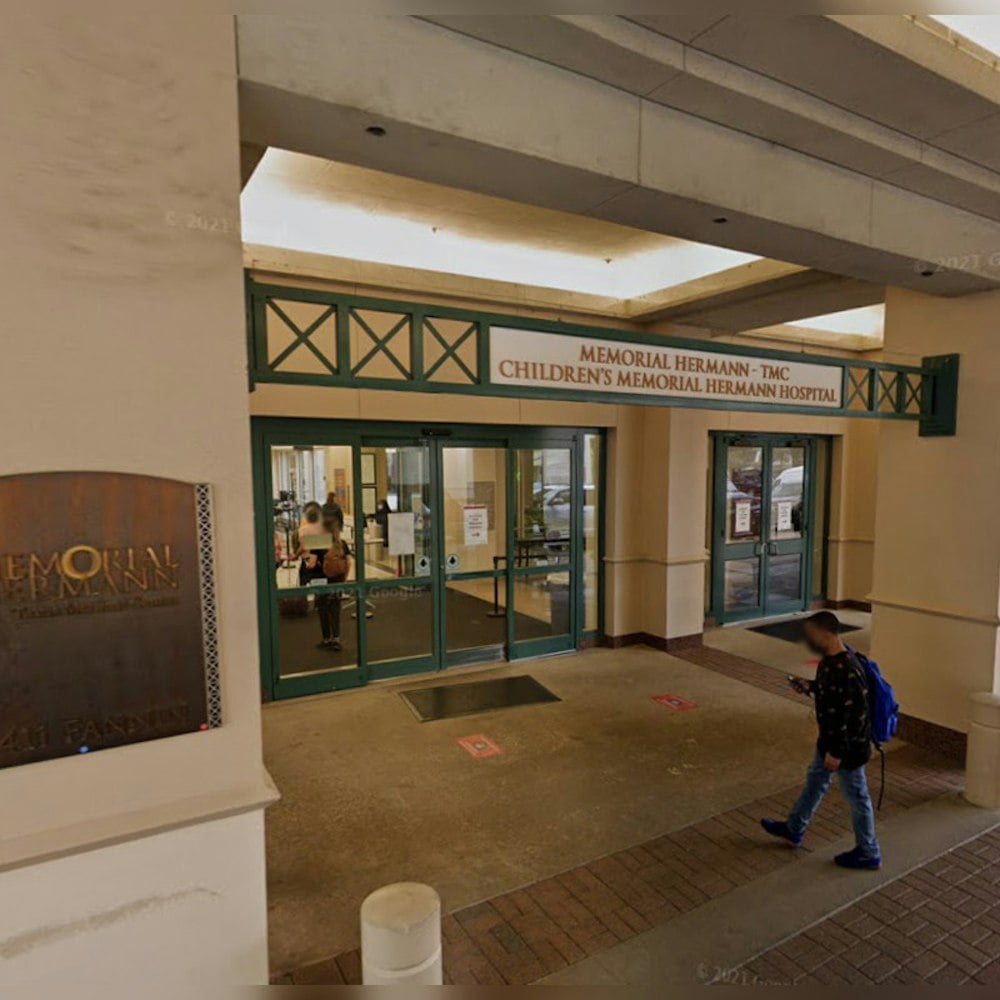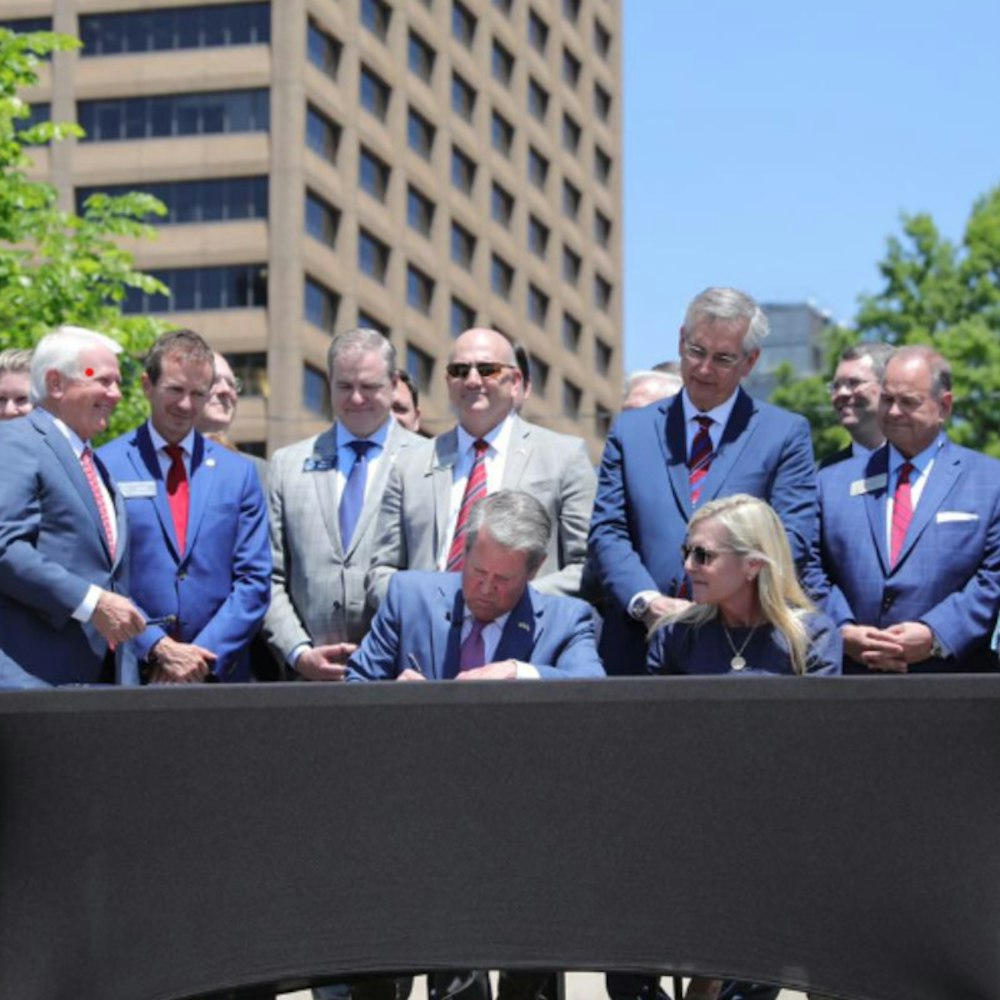
Tensions are running high in Chicago as a March 16 deadline approaches for migrants searching for permanent housing, while resources are stretched thin amidst a potential split within one of the city's key social service organizations, Heartland Alliance. Thousands of migrants, including Alfonso Carvajal and his family from Venezuela, face the daunting task of finding an affordable place to live without many of the resources required to secure housing. According to the Chicago Sun-Times, Carvajal, 60, is out daily, navigating the harsh Chicago streets on his bike, calling any 'For Rent' number he comes across in the hope of a new start.
Carvajal's struggles are emblematic of the broader issues facing the migrant community in Chicago. He, his wife, and children are among 13,442 residents in city shelters where the capacity is bursting. The Carvajals are depending on a three-month rental assistance voucher, a benefit that still seems woefully inadequate in light of the complex application process and the scarcity of affordable large units. "Finding housing is the most important thing for us right now," Carvajal said in a statement obtained by the Chicago Sun-Times. "We can’t just finish our time in the shelter and be thrown out on the streets. It’s humiliating, an entire family out on the streets."
The city of Chicago and organizations such as Heartland Alliance have been at the forefront of assisting migrants like Carvajal, but the alliance itself is grappling with financial issues and a potential organizational restructuring that could impact its capacity to help. Two divisions, housing and health, are already feeling financial strain, with properties being put up for sale and staff reductions already taking place in 2023. As ABC7 Chicago reports, the extent of the impending split and its consequences on services the alliance provides, remain unclear.
Michael Brieschke, a housing resource specialist who represents Heartland Alliance's workers, expressed concern over the organization's looming changes. The divisions are set to become separate entities, and the timeline for these changes is uncertain. "There's often been, over the last few years, a waitlist to receive services. So, with the immigrants coming in and they're seeking health care services, as well, it just becomes a mountain of folks trying to get on the waitlist," Brieschke told ABC7 Chicago. The bottleneck for services adds another layer of complexity for migrants desperately in need of support.
With the city's shelters nearing capacity and social service organizations facing their crises, the plight of Chicago's migrant population reveals a deepening challenge. The city and its partners are struggling to provide the necessary bridge to stability and independence for families like the Carvajals. For migrants, the battle is far from just the cold streets; it is against a system that appears unprepared for their burdening needs, a testament to the complexities of urban migration crises across the nation.








-3.webp?w=1000&h=1000&fit=crop&crop:edges)
